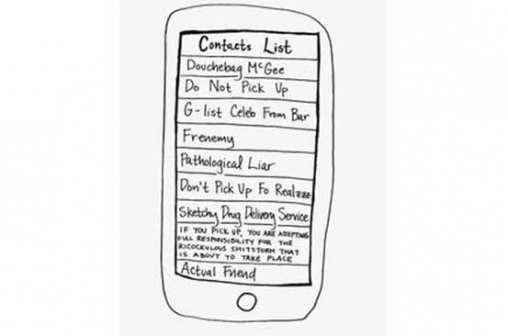×
The Standard e-Paper
Stay Informed, Even Offline

Apparently, most Kenyans do not write people’s real names in their phone books, and prefer to use fancy pseudonyms and wild nicknames instead, claiming they are easy to remember.